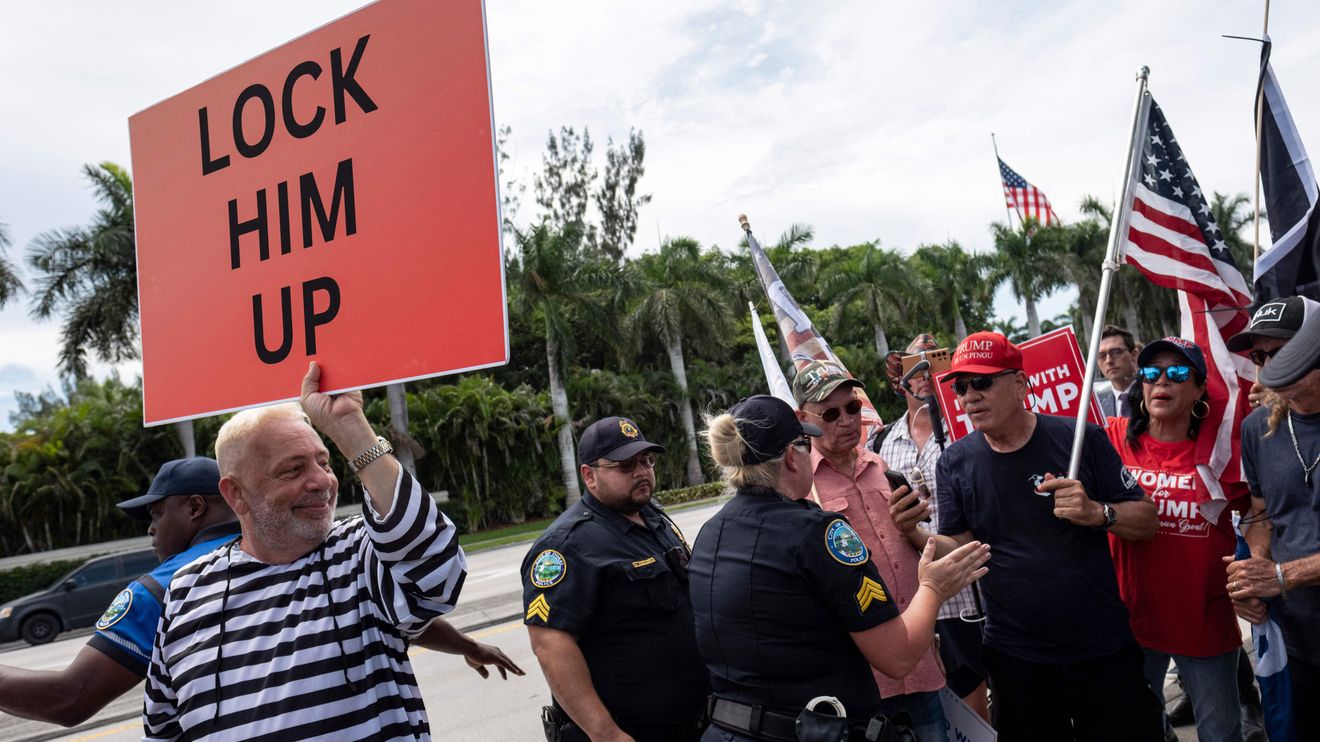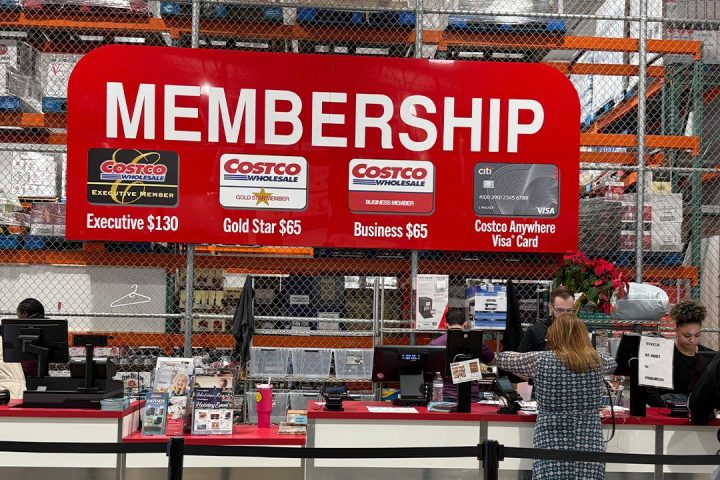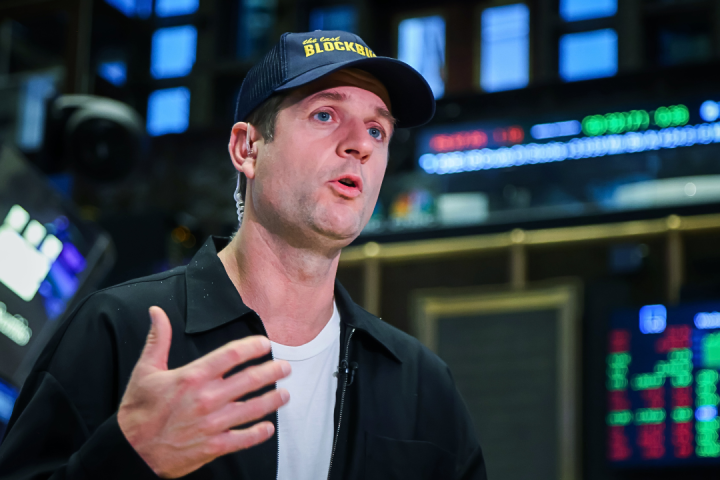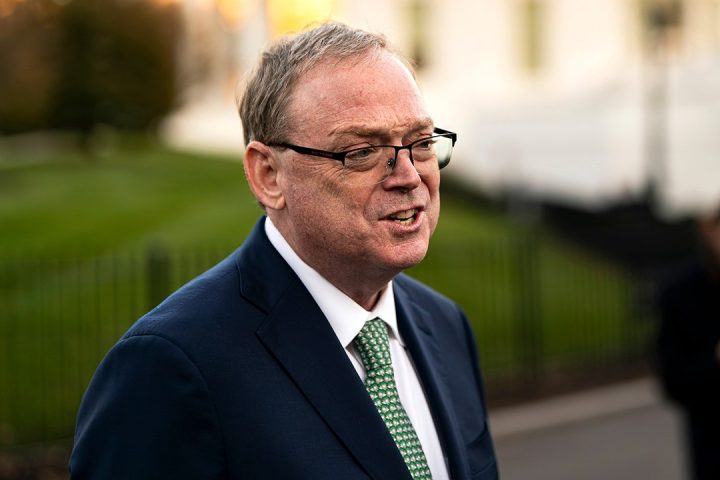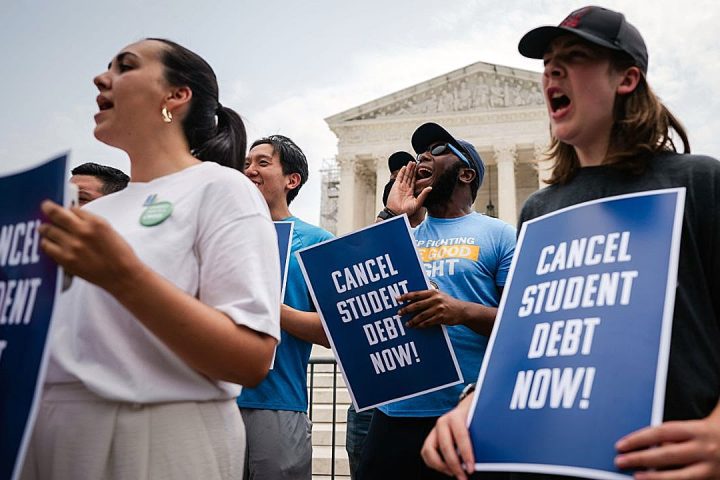As the U.S. continues to look polarized politically, a growing number of S&P 500 companies have made the effort to earn the highest scores from a watchdog organization that’s focused on transparency in corporate political spending.
That’s according to the latest study co-authored by that organization, the Center for Political Accountability in Washington, D.C., and the Zicklin Center for Business Ethics Research at the University of Pennsylvania’s Wharton School.
The study found a record number of S&P 500 components achieved scores of 90% in the CPA-Zicklin Index of Corporate Political Disclosure and Accountability. There were 100 such companies, dubbed “Trendsetters,” up from 89 last year.
“The big jump this year from 89 to 100 reflects that companies see the political climate as hyper-polarized, as presenting real challenges,” said Bruce Freed, CPA’s president. “Having robust transparency and accountability scores helps them in terms of their public image, but it also helps them internally because now they’re putting in place policies that govern how they’ll engage in spending and how they will be able to manage the risk.”
It’s recognized that political spending today with corporate funds poses serious risks to companies, Freed said. The troubles can include boycotts by customers at either end of the political spectrum, protests by employees, allegations of corrupt spending and reputational damage.
The 11 companies from the S&P 500
SPX
that improved their scores to rank as “Trendsetters” included Facebook parent Meta Platforms
META,
KFC and Taco Bell parent Yum Brands
YUM,
Whirlpool
WHR,
PG&E
PCG,
and RTX
RTX,
previously known as Raytheon.
Some companies in that group already had relatively high scores and determined to make an extra push to attain the top scores, according to Dan Carroll, CPA’s counsel and vice president for programs.
“They invested some time in speaking with us and finding what they would need to add to their policies in order to sort of bring it up to that level of distinction. So there’s definitely interest there,” he told MarketWatch.
Carroll noted that CPA has released a new guide to corporate political spending, which provides a checklist for companies on election-related outlays. It was written with input from executives at some high-scoring companies.
The latest study from CPA and the Zicklin Center also found a record 78% of S&P 500 companies fully or partially disclosed their political spending in 2023 or prohibited at least one type of spending. But there were repeat 24 “Basement Dwellers” as well, meaning companies that received scores of 0% last year and again this year, such as Tesla
TSLA,
and Dish Network
DISH,
Tesla and Dish didn’t immediately respond to requests for comment.
The “Basement Dwellers” often have high levels of insider ownership, insulating them from pressure from shareholders, while others are not consumer-facing companies or they’re relatively recent entrants to the S&P 500, according to CPA’s Carroll.
Scores in the CPA-Zicklin Index stem from assessments of companies’ transparency and accountability practices, including their disclosure of corporate contributions to political groups, their adoption of policies on political spending and the extent to which their boards oversee such outlays.
From MarketWatch’s archives (January 2023): On anniversary of the Jan. 6 attack, companies face new pressures to disclose political spending
Also (October 2022): Lindsey Graham’s corporate donors find themselves linked to his controversial abortion bill. Why ‘everyone’s playing gotcha with political spending.’
Read the full article here
